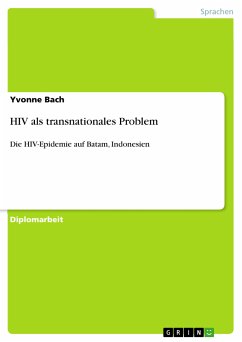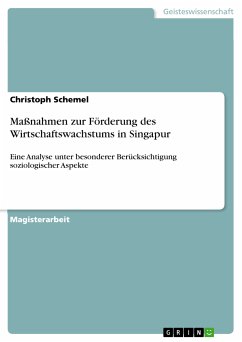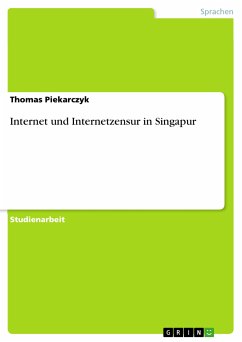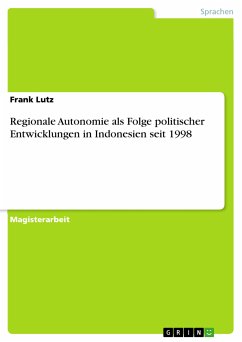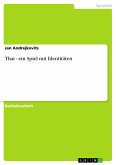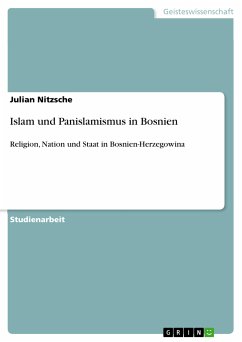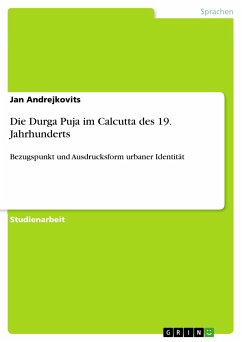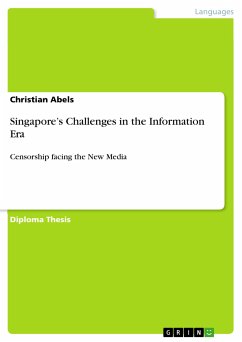Diplomarbeit aus dem Jahr 2008 im Fachbereich Südasienkunde, Südostasienkunde, Note: 1,3, Rheinische Friedrich-Wilhelms-Universität Bonn (Institut für Orient- und Asienwissenschaften), Veranstaltung: Regionalwissenschaften Südostasien, Sprache: Deutsch, Abstract: The island of Batam, which belongs to the Indonesian Province Riau Kepulauan, has undergone an extreme transformation in the past fifty years. In the 1950s it was still a sparsely populated fishing community, whereas today it is - through continuous migration - a densely populated multi-ethnic and transnational industrial location. This is mainly due to its membership of the SIJORI Growth Triangle: an arrangement between Singapore, Johor (in Malaysia), and Riau Islands (in Indonesia). This growth has produced a new set of social problems for the island, in particular, the spread of HIV/AIDS. In my thesis I will analyse the HIV/AIDS problem in Batam with a focus on the transnational situation of the island and I will point out how the HI-virus is spreading from Batam to other parts of Indonesia and surrounding countries. This thesis deals with the transnational and economic development of Batam; the mass migration to the island; its immense sex industry; the HIV-transmission, and in particular, how the virus is transmitting itself over the boundaries of Batam. In conclusion I will describe the governmental policies of Indonesia and Singapore regarding HIV, and also the approach of different non-governmental organisations. In both cases I consider closely the question of how they handle the transnational situation of the island.

